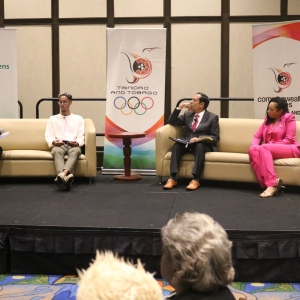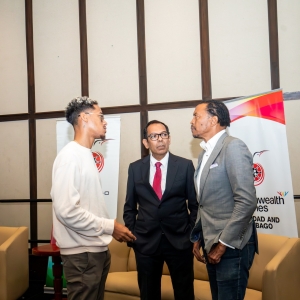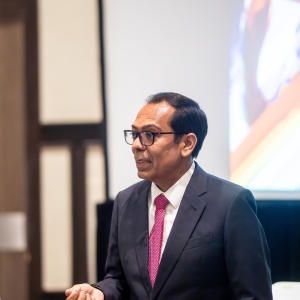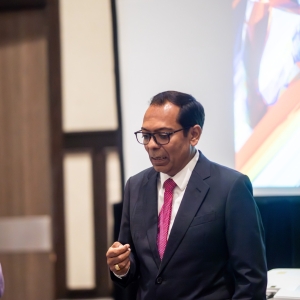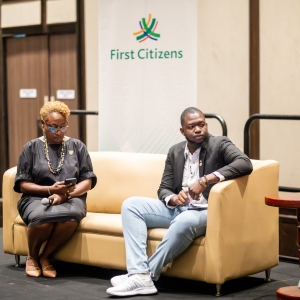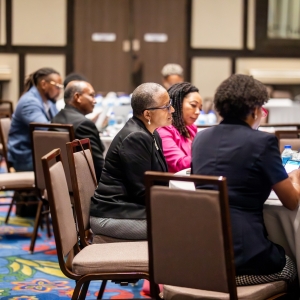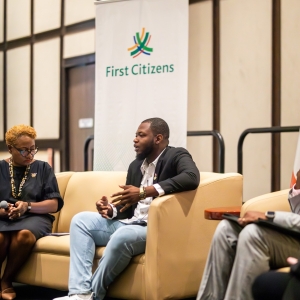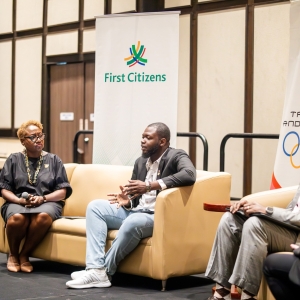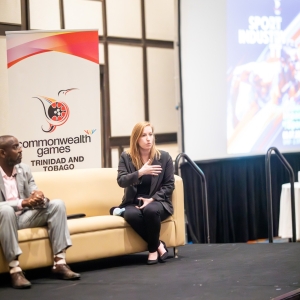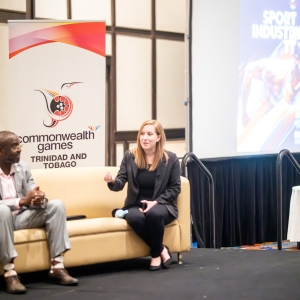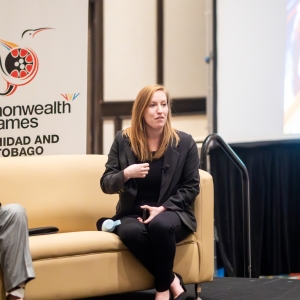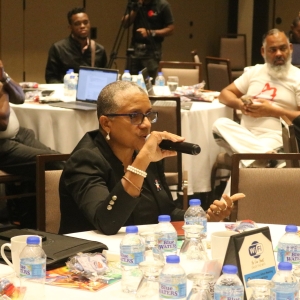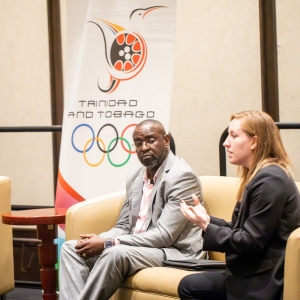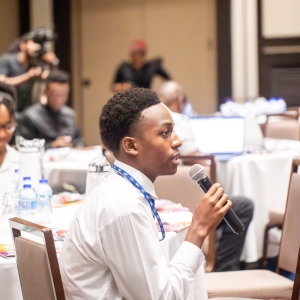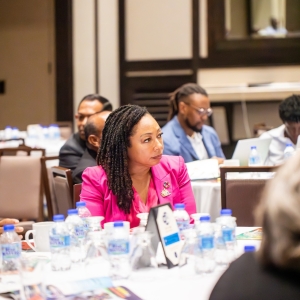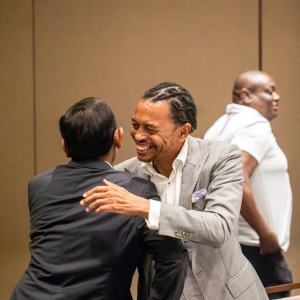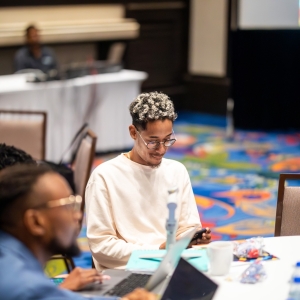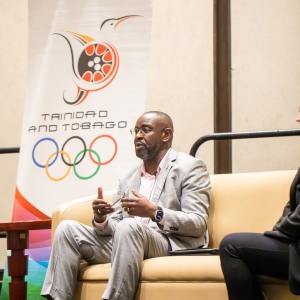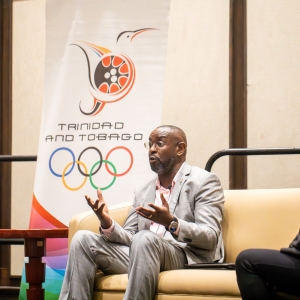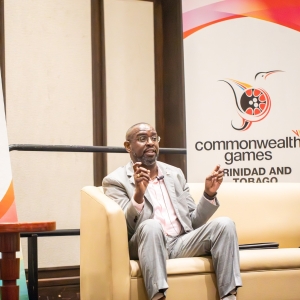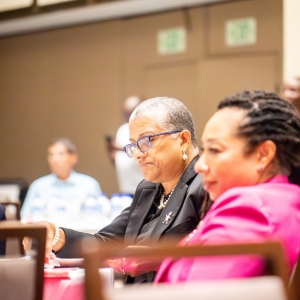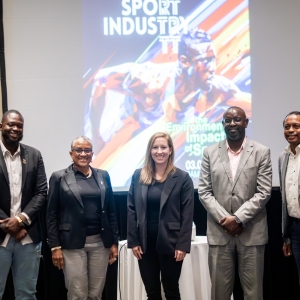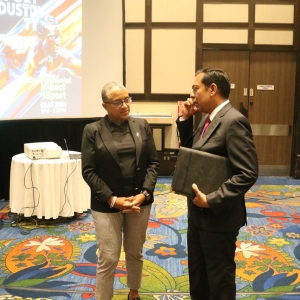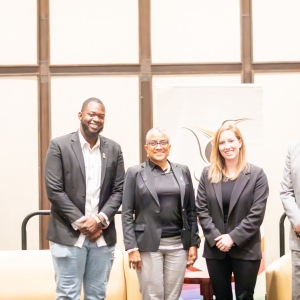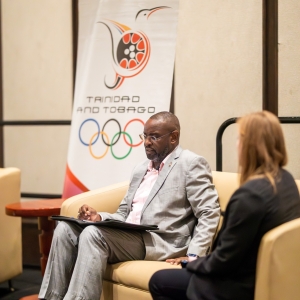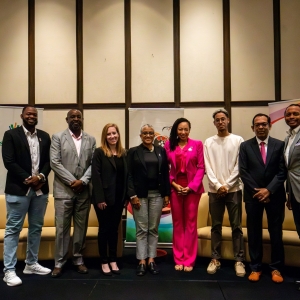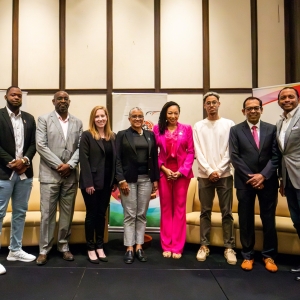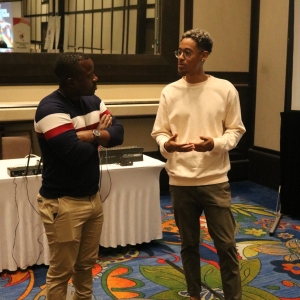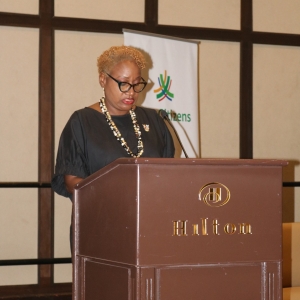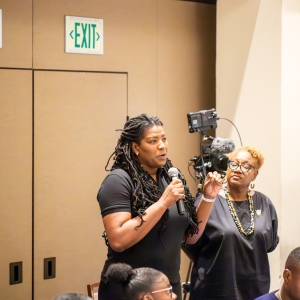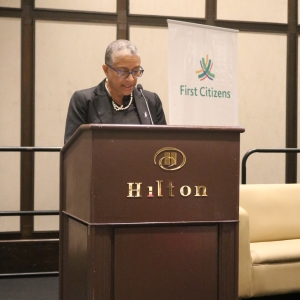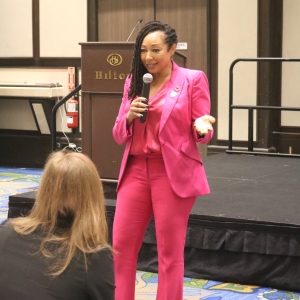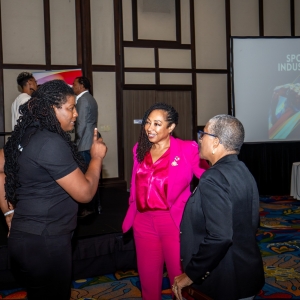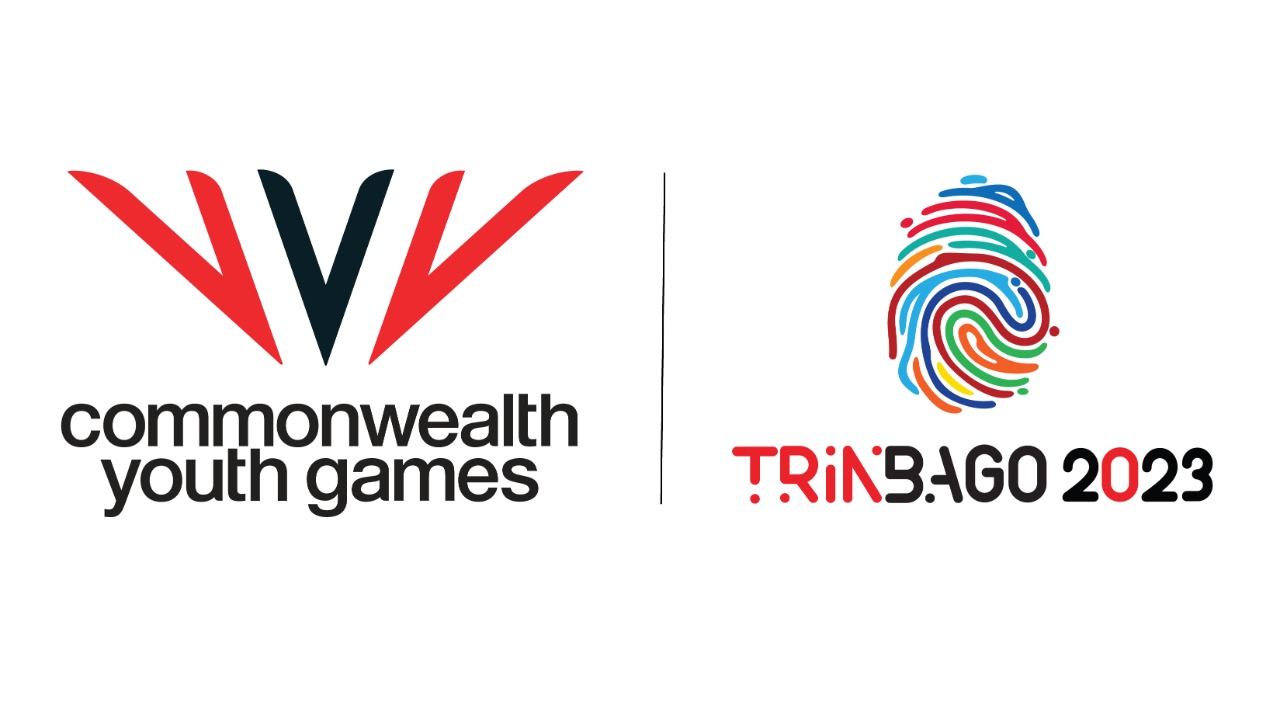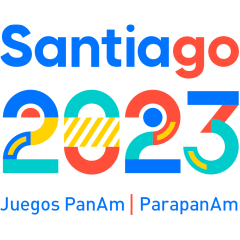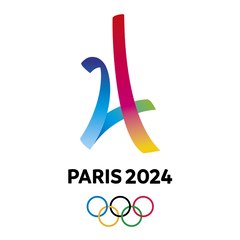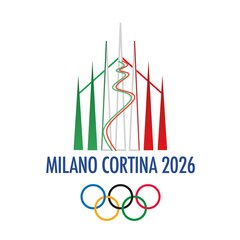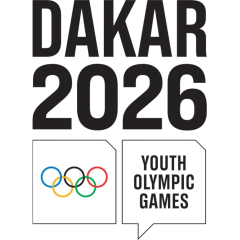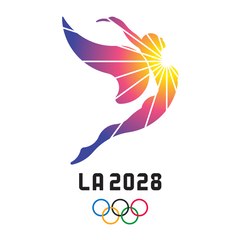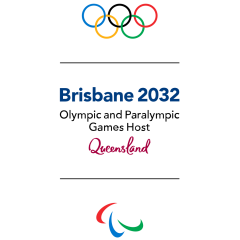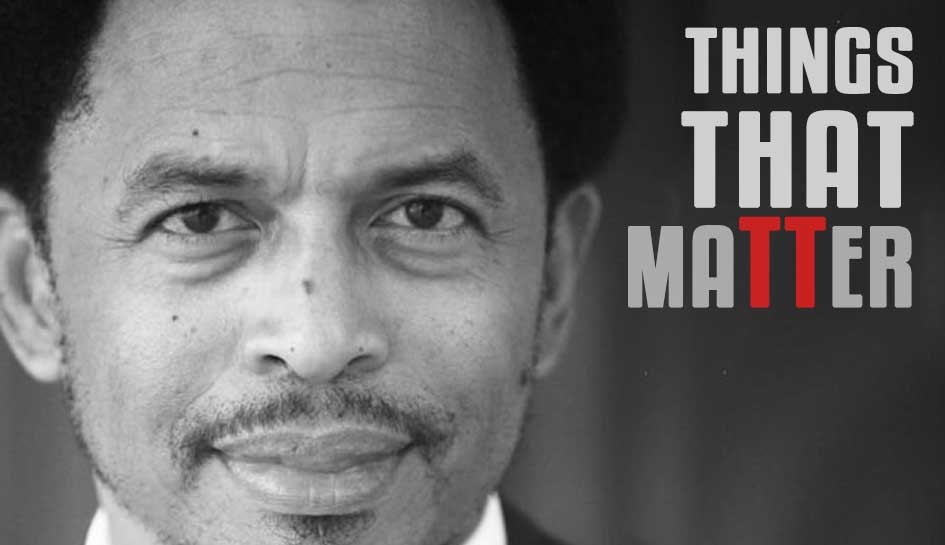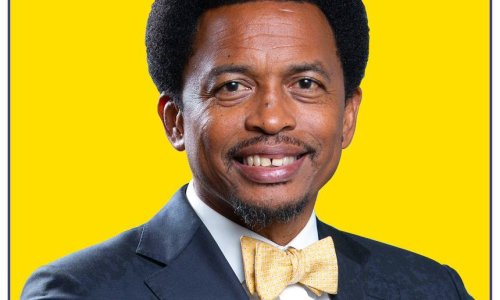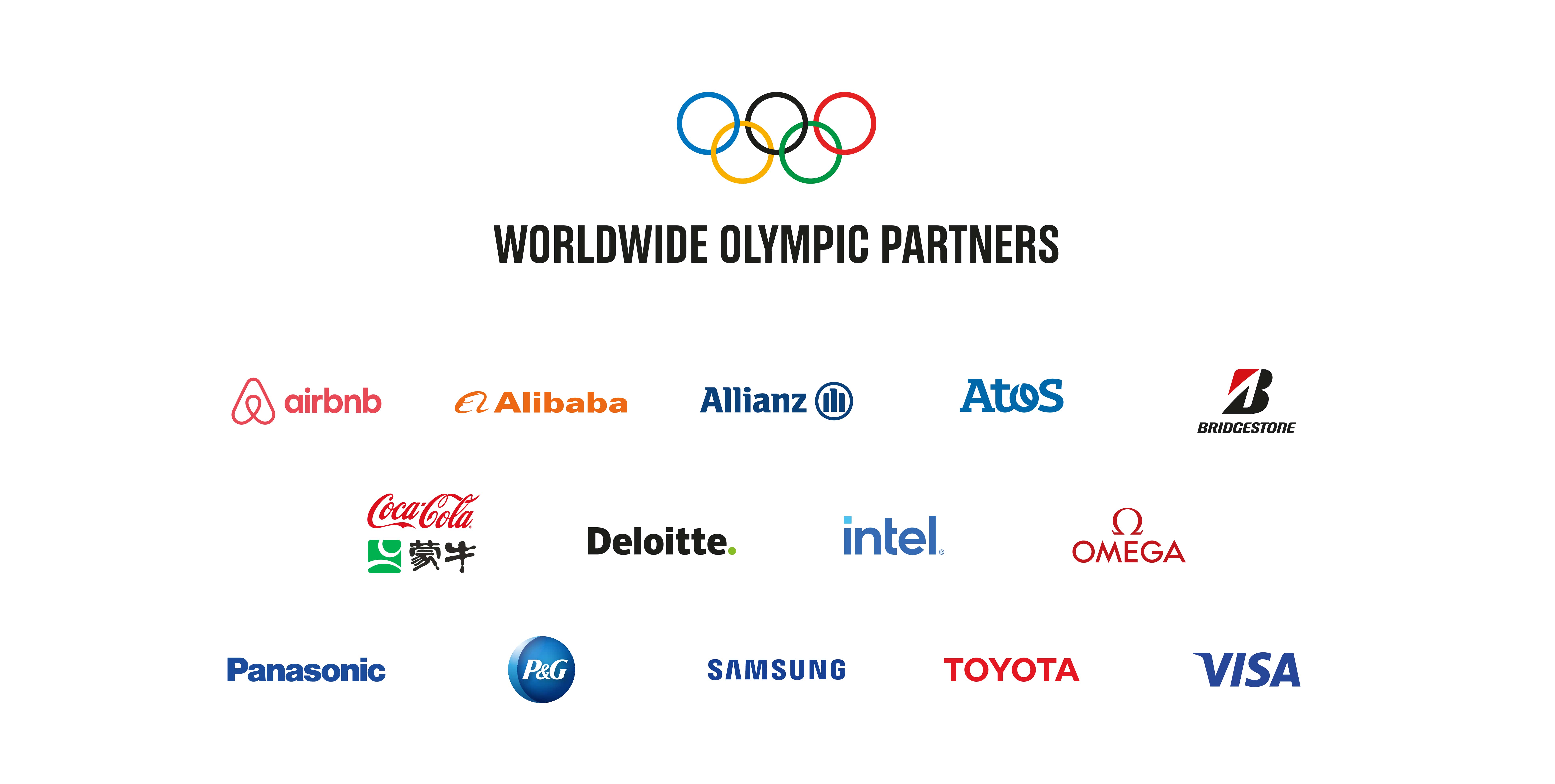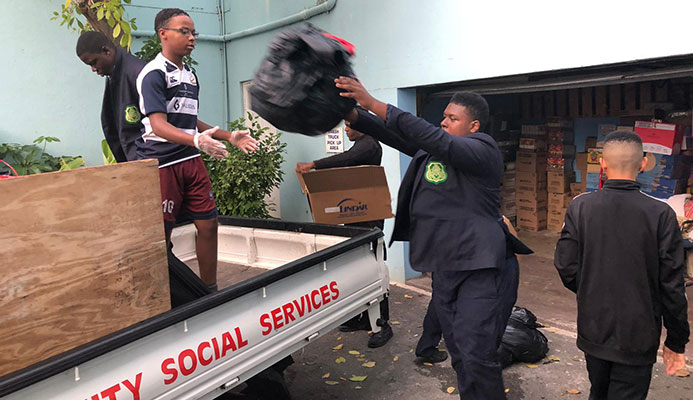From a young age, I have been privileged to be exposed to the Olympic Movement, starting in 2009 with my first appointment as a Youth Olympic Ambassador. This afforded me the opportunity to visit Greece, where it all began.
How exciting this was for me, a young university student at the time, venturing to Greece alone, to explore the rich history and core tenets of the Olympic Movement. It was there I began to better understood the power of the Olympic values and the importance of keeping them at the center of any sporting organization.
Olympism is based on seven fundamental principles, but the first one sets the stage for the entire movement:
“Olympism is a philosophy of life, exalting and combining in a balanced whole the qualities of body, will and mind. Blending sport with culture and education, Olympism seeks to create a way of life based on the joy of effort, the educational value of good example, social responsibility and respect for universal fundamental ethical principles.”
It is this intersection of sport and culture that I find the most fascinating, and what I would argue is the most important tool in growing our sport in the region and the world.
Shifting Perspective
After my 2009 trip to Greece, my perspective on sport changed drastically. I was no longer driven by the aspect of competition, but instead I started to see sport as a means to develop the human spirit–something more intangible and difficult to quantify, but much more impactful and lasting.
Since then, I’ve taken a deep dive into the world of sports culture and development. From reading countless research papers to majoring in Sport for Development, my appreciation for sport as a powerful tool beyond the practice field is cemented into my work, and into my own life’s purpose.
Unique Challenges
Where I am from, the Caribbean (specifically Trinidad & Tobago), we have a unique set of challenges to grow the sport of rugby. Traditionally it’s been played only as tackle rugby, by the expat community, and viewed as the “white people” sport. You would seldom see people of African descent playing the sport and if you did, they were often viewed as privileged or “crazy”.
Additionally, the Caribbean people are not physically aggressive people, known for doing things on “island time” we’re relaxed and generally avoid confrontation. Rugby however, is viewed as a sport that’s quite the opposite–a quick paced, physically demanding sport, where there’s little space for the timid or apprehensive to hide!
Finally, the Caribbean is not spared from the global challenges of an increase in sedentary lifestyles, bullying and gender issues, violence, and illiteracy, to name a few. Therefore, there is an opportunity for rugby to play a role in mitigating these societal challenges by shifting our perspective and promoting that rugby cares not just about what happens on the field, but off–because we do!
How can we do better?
I am continually asking myself this in my daily work as the RAN Get Into Rugby Program Manager, as an athlete, and through my work with the Trinidad and Tobago Olympic Committee.
As a Rugby Development Manager working in the region, time and again I see our coaches and administrators overlooking the power of our values, and instead I see them having a singular focus on developing athletes for teams and competitions. My feeling is that a robust competition cannot be developed without first building upon the social, cultural and educational tenets of the people and communities we serve.
Progress in building resilient and robust programs has sometimes come slowly, and many times it feels like we are all moving through mud, uphill, into the wind. But it doesn’t need to be this way.
Can we rethink how we engage people in our sport and in our region? What change would we see if we revisit our values and shift our focus to a framework that emphasizes personal development over athletic development? What if there was already a model in place to do this?
The Good News
In fact there is a model. Enter sport for development–a perfect fit to address the challenges and growth inhibitors that we face in the Caribbean (and around the world!). The sport for development model is the intentional use of sport and physical activity to bring about positive change in the lives of people and communities. It does this through a focus on the development of the person versus the athlete, which can totally shift the paradigm of our goals, adjust the framework for our daily work, and increase positive outcomes that reach beyond the practice field.
Time and again value and life-skills programs within this model have shown to have positive outcomes for participants. From increasing graduation rates, to reducing teen pregnancy and obesity, to changing the culture of domestic violence, sports for development programs prove that integrating support for life’s challenges increases the success of our athletic ones.
And the great news is, there’s no need to recreate the wheel! Many established sport for development projects around the world can be referenced and tailored to suit the needs of any school, community, union or country. Get Into Rugby is just one of them.
Bermuda is currently one of the countries in our region that have delved into this sphere of development. Bermuda’s development program, Beyond Rugby Bermuda, has been ongoing for the past 10 years with much success. Beyond Rugby Bermuda works through schools with high risk populations to ensure students graduate. They use mentorship programs, job skills workshops, and community service projects as a compliment to being a part of the rugby club.
The same successes have been found through a program out of England. Amy Wilson Hardy, who starred for Team Great Britain at the Rio Olympics in 2016, leads unemployed women, some in their 50s, via an intensive fitness course and rugby skills training. The training serves to boost the confidence and physical and mental health of those needing a push to get back into the job hunt. Christine Hart, 54, was one of the participants of the job center program. She said, “’I felt despairing before the course, now I feel like Rambo.”
In Oceania, the regional governing body has launched, Get Into Rugby PLUS. The program is part of a broader initiative using rugby to prevent violence against women and girls, and promote gender equality. They have partnered with key stakeholders such as UN Women and the Australian Government’s Pacific Sports Partnership Program to deliver the program, which further trains coaches to deliver life-skills sessions that challenge gender stereotypes and transform harmful social norms, helping address some of the primary drivers of violence against women and girls.
Australia’s National Rugby League has a similar program called Voice Against Violence. The initiative uses high profile athletes to encourage everyone to “Stand. Speak. Take Action.” to prevent violence against women and girls–a ‘complex and deeply entrenched problem in Australia.’
Finally, the US-based Girls Rugby provides access for girls to learn vital skills and core values such as leadership, empowerment, achievement, respect and sportsmanship all while enjoying the experience of playing all-girls, non-contact rugby. The organization is taking off and even lays out a model for those wanting to start their own program.
What these programs do, and what countless programs around the world have proven, is that when you tackle issues off the field–school dropout rates, violence, joblessness, and underrepresenation–you get better rugby players on the field.
Closing Thoughts
Now that we know the challenges, and we have a proven model for success, I say we get to work. Let’s start focusing on how many lives we are impacting, as opposed to how many participants are in our program. This simple shift could enhance our coaches and administrator’s engagement, and passion to continue their volunteer work.
Let’s start focusing on our values and using them as the reference for what we do daily. The values of passion, respect, integrity, discipline, and solidarity cannot just be a box we tick and forget. They must be intertwined into our decision making, daily planning, and implementation of policies. Identify what each value means to your organization, and ensure you’re living it through concrete examples. Below are some easy places to start:
- Passion: Promote and amplify the work of those in your organization who go above and beyond. Share a facebook post, email out a thank you, acknowledge those who are living rugby’s values day in and day out
- Respect: Manage meetings and team discussions with a focus on listening, and truly hearing all voices
- Integrity: Ensure that union decisions are communicated to your membership, every time, and that no decisions are made in secrecy
- Discipline: Abide by your constitution and follow due process
- Solidarity: Follow the significant steps of World Rugby, and RAN, by making it policy to include underrepresented groups in your administration and create pathways for diverse representation at all levels
- Just imagine if we as a rugby community committed to combining these rugby values with a renewed focus on our shared societal ones! We could change a lot of lives and continue to be an example to the world of what sports can accomplish.
We can start by focusing on people. How are we developing our people? What are the challenges faced by our broader community? What opportunities are we providing so that their capacities are increased to govern themselves and take ownership for their development. Are we openly collaborating, listening to the challenges and providing solutions, or are we viewed as doing what is in the best interest of a few?
If we want to lead the next generation of rugby players and increase the profile of our game, we need to have grandeur visions for what sport can do for our communities, not just what our communities can do for our sport.

